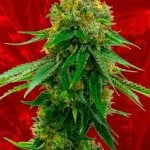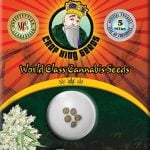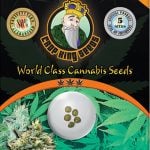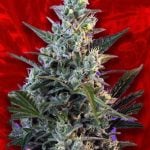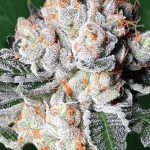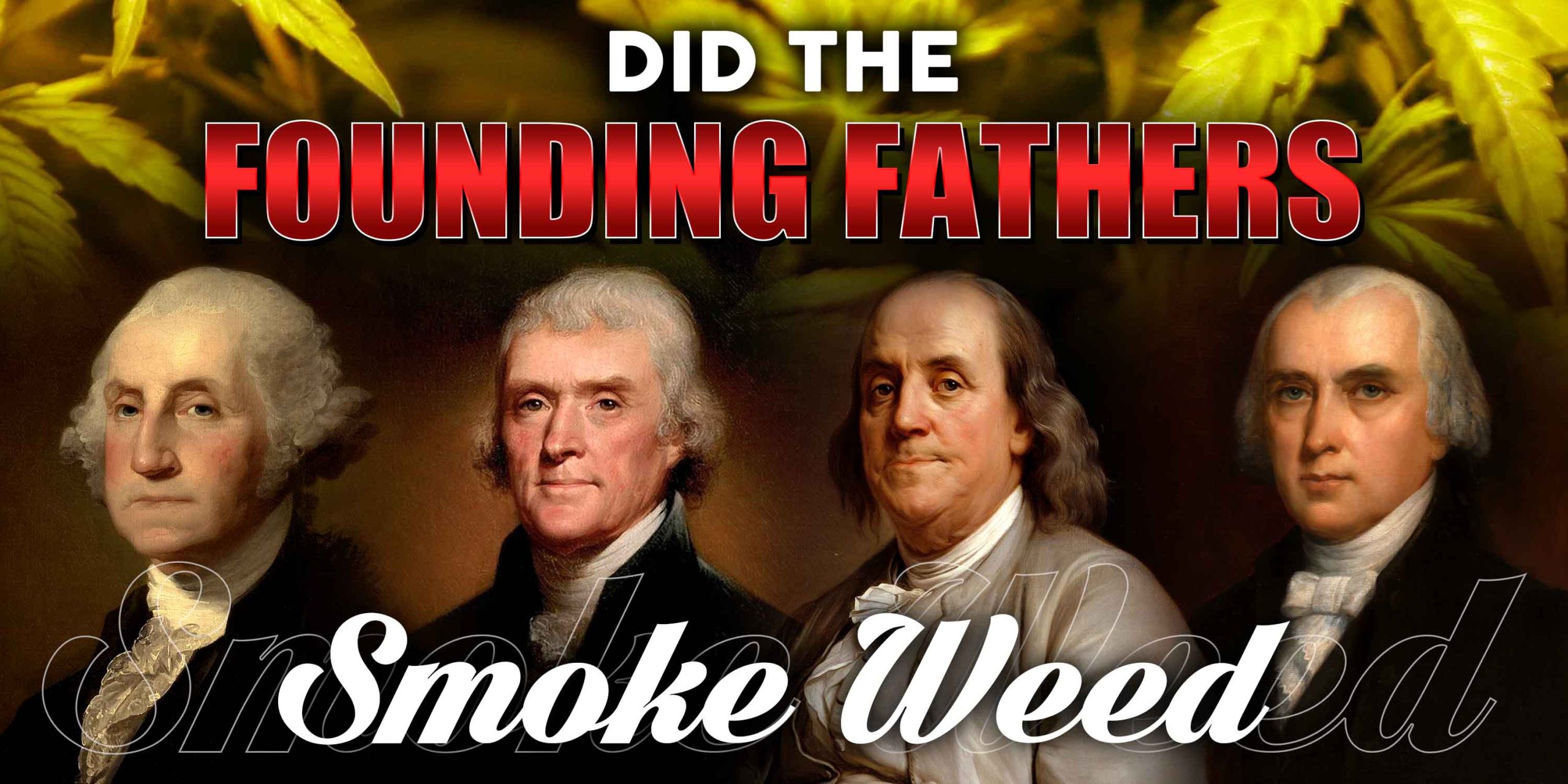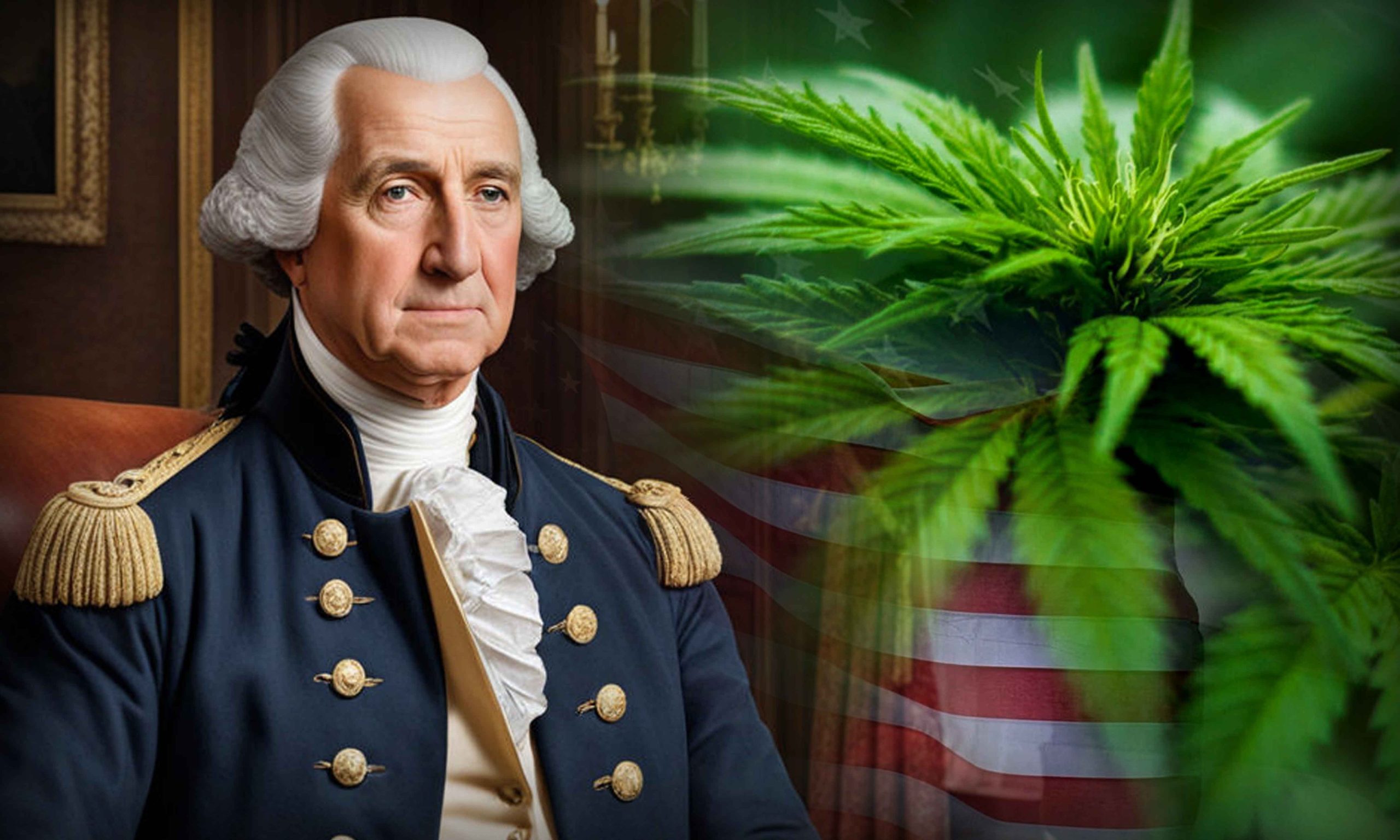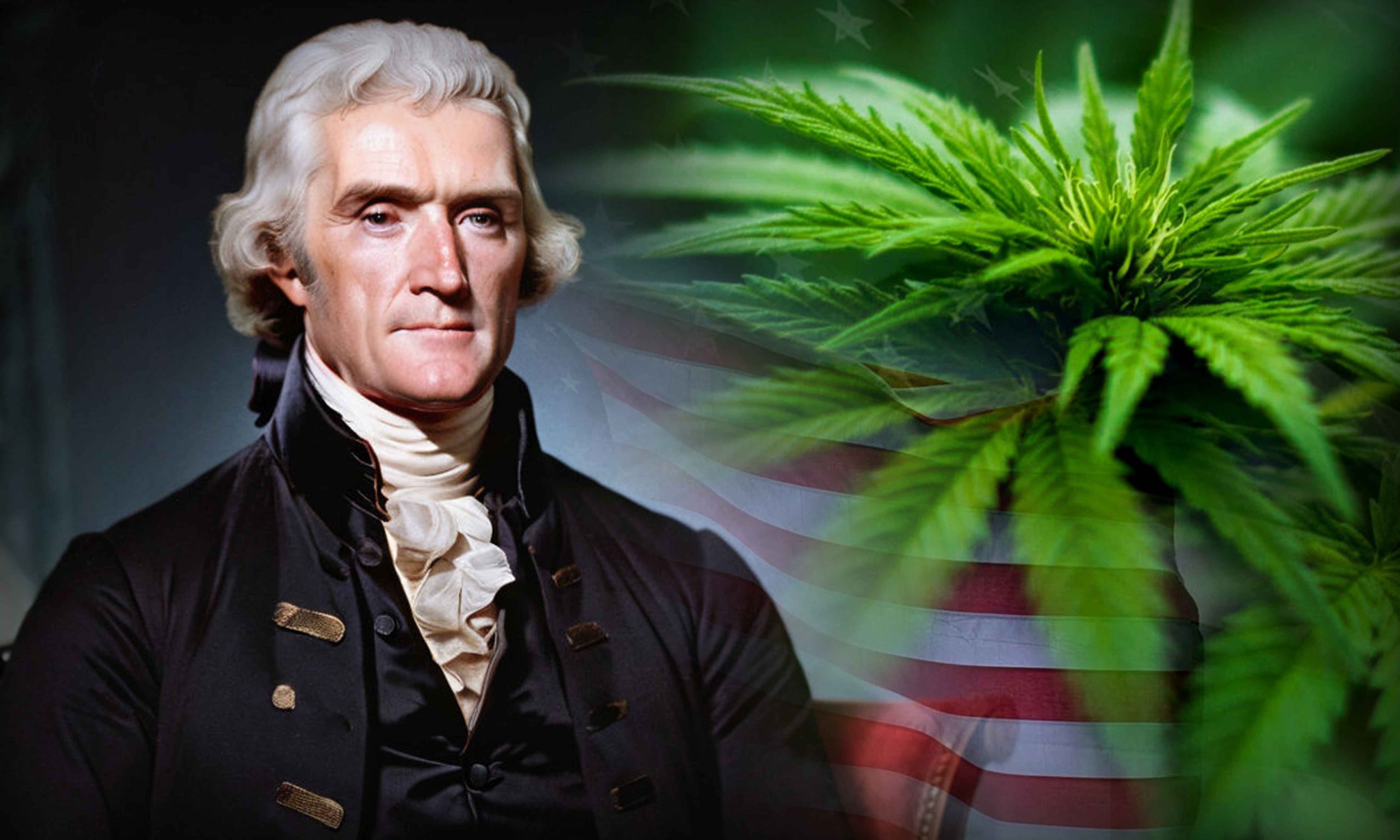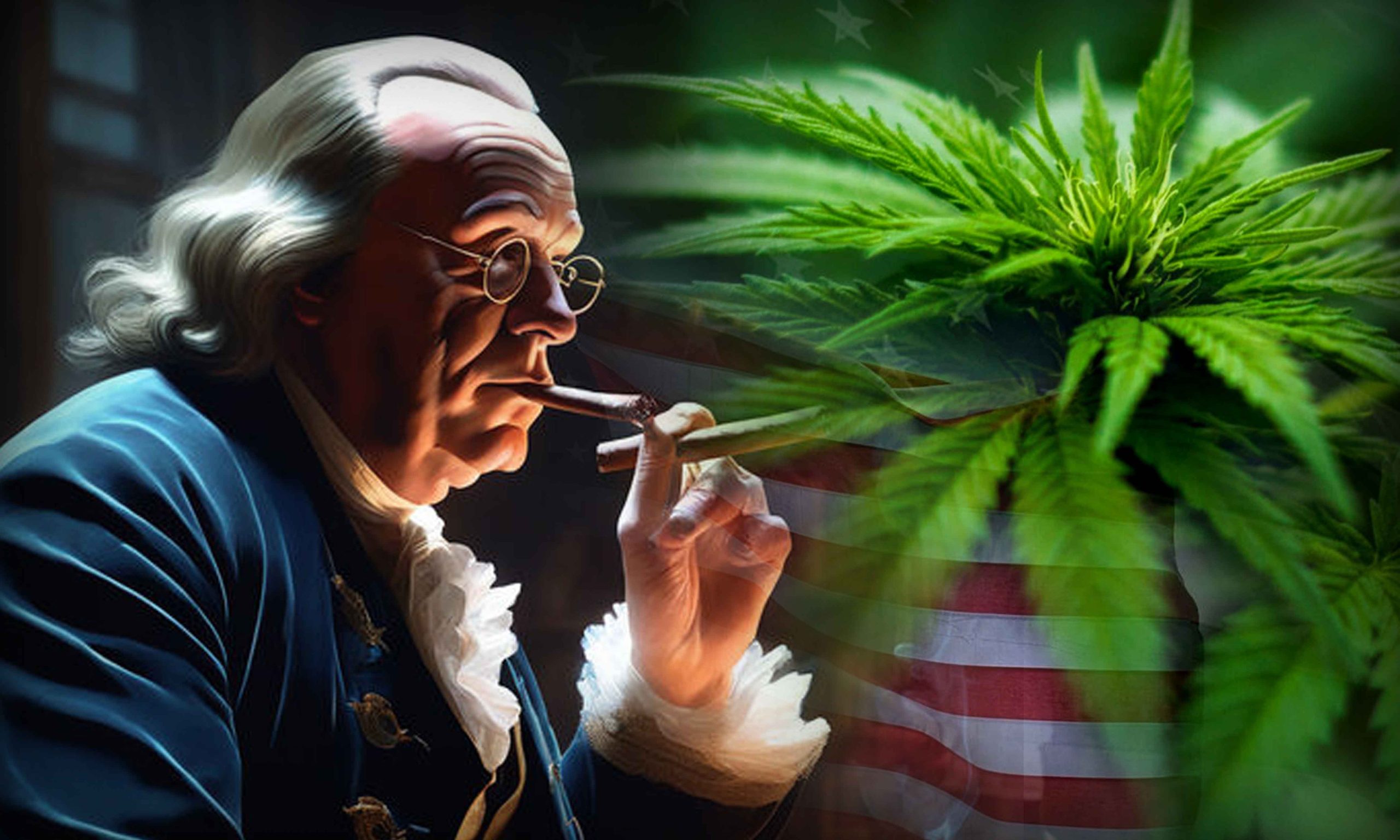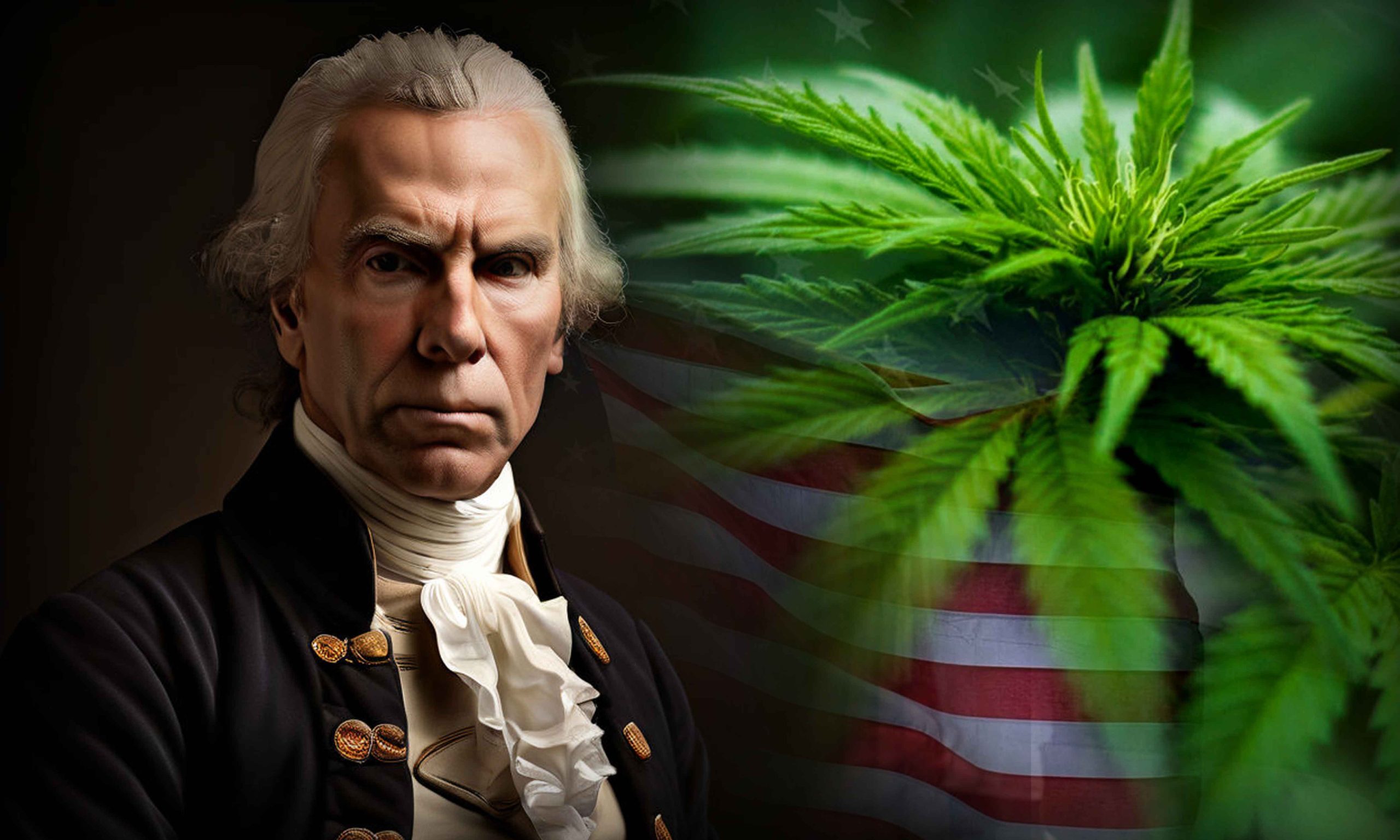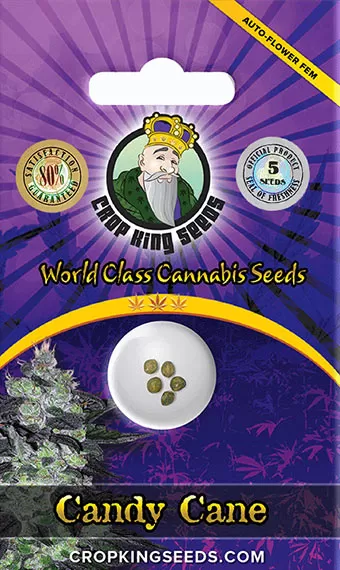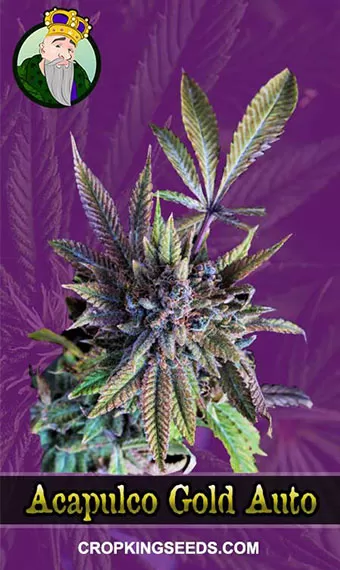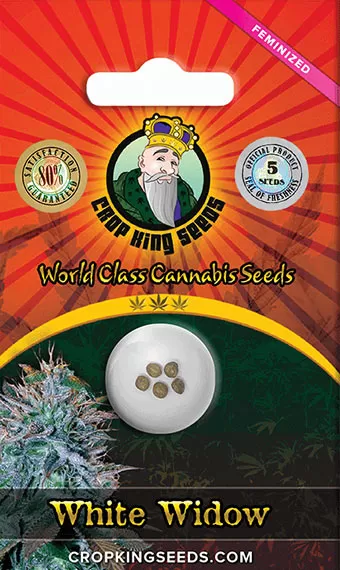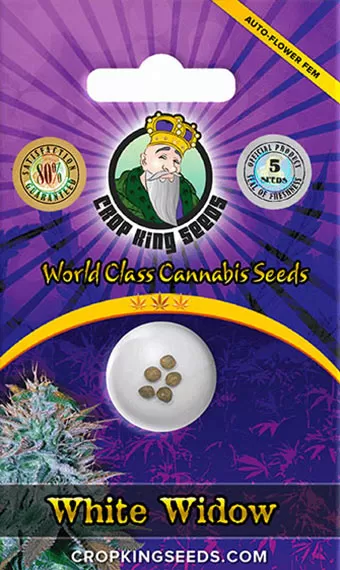As the nation commemorates Independence Day, the discourse surrounding the habits of the founding fathers inevitably resurfaces. Among the speculations, one intriguing question persists: Did the founding fathers, in their pursuit of liberty, partake in the consumption of marijuana? Delving into historical archives and scholarly insights, we aim to unravel this enduring myth and shed light on the intricate relationship between the founding fathers and cannabis.
The Cultural Landscape of the 18th Century
To comprehend the plausibility of marijuana consumption among the founding fathers, it is imperative to contextualize the cultural milieu of the 18th century. During this era, hemp cultivation was prevalent, primarily for industrial and agricultural purposes. Hemp, a versatile crop, found its utility in fabric production, rope making, and even paper manufacturing. Given its ubiquity, it is conceivable that the founding fathers, as prominent figures of their time, were intricately connected to the cultivation and utilization of hemp.
Founding Fathers and Hemp: Unveiling Historical Accounts
George Washington: A Hemp Advocate
Renowned for his agricultural prowess, George Washington emerges as a prominent figure in hemp cultivation. The meticulous documentation present in Washington’s diaries attests to his extensive engagement with hemp farming. Notably, Washington advocated for the processing of hemp into rope, underscoring its pivotal role in maritime endeavors. Furthermore, historical records suggest that Washington sought solace in hemp for alleviating dental discomfort, offering a glimpse into the medicinal applications of the plant.
Thomas Jefferson: Embracing Hemp at Monticello
Amidst the scenic landscapes of Monticello, Thomas Jefferson cultivated hemp, embodying a profound appreciation for its multifaceted benefits. Jefferson’s affinity for hemp transcended mere agricultural interest, as evidenced by his contemplative musings on the veranda, accompanied by the inhalation of hemp smoke. Such anecdotes encapsulate Jefferson’s intimate relationship with the plant, reflective of a bygone era where hemp permeated various facets of daily life.
Benjamin Franklin and James Madison: Advocates of Hemp Innovation
Benjamin Franklin’s entrepreneurial acumen intersected with hemp processing, as he spearheaded endeavors to manufacture parchment from hemp fibers. His endeavors underscored the industrial potential of hemp, paving the way for innovations in paper production. Similarly, James Madison, in correspondence with Washington, lamented the economic fluctuations within the hemp industry, emphasizing its significance amidst shifting agricultural landscapes. Collectively, these narratives illuminate the founding fathers’ instrumental role in fostering hemp innovation and cultivation.
Dispelling Misconceptions: Separating Fact from Fiction
Hemp Paper and the Declaration of Independence
Contrary to popular belief, the Declaration of Independence was not penned on hemp paper, dispelling the notion of a direct correlation between the document and cannabis. However, the prevalence of hemp paper during the 18th century underscores the ubiquity of hemp-based materials in colonial America. While hemp cultivation flourished, the founding fathers’ motivations primarily revolved around industrial and practical applications, rather than recreational indulgence.
Conclusion: Navigating Historical Narratives
In conclusion, the discourse surrounding the founding fathers’ consumption of marijuana remains shrouded in ambiguity, intertwined with historical conjecture and anecdotal evidence. While their involvement in hemp cultivation is well-documented, the extent of their personal consumption for recreational purposes remains speculative. As we traverse the annals of history, it is imperative to approach such narratives with discernment, acknowledging the complexities inherent within historical discourse.
FAQs
Q: Did all of the founding fathers consume marijuana?
A: No, historical records indicate that while some founding fathers were involved in hemp cultivation, there is limited evidence to suggest that all of them consumed marijuana.
Q: Was hemp commonly used for recreational purposes during the time of the founding fathers?
A: While hemp was cultivated widely for industrial and practical uses, there is limited historical evidence to support widespread recreational use among the founding fathers.
Q: Did the Declaration of Independence get written on hemp paper?
A: No, despite hemp paper being common during that era, the Declaration of Independence was not penned on hemp paper.
Q: Were the founding fathers solely focused on the recreational use of marijuana?
A: No, the founding fathers primarily cultivated hemp for industrial and agricultural purposes, rather than solely for recreational use.
Q: Can we definitively confirm whether the founding fathers smoked marijuana?
A: No, historical records do not provide conclusive evidence regarding the personal consumption of marijuana by the founding fathers.





